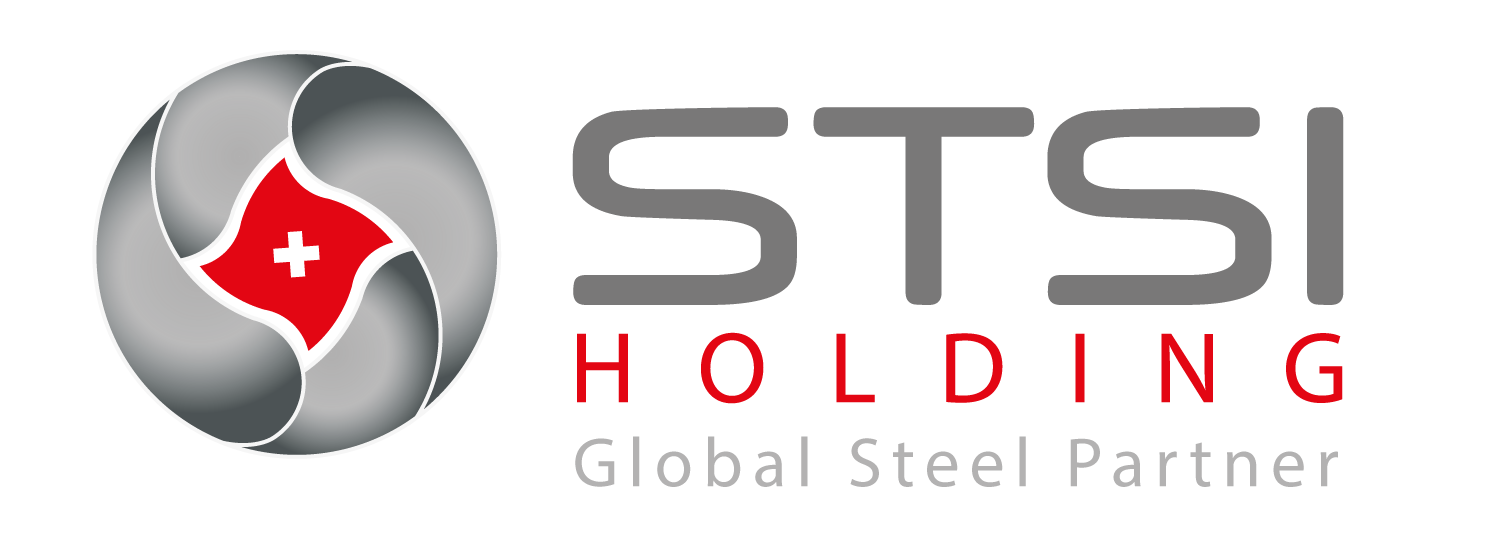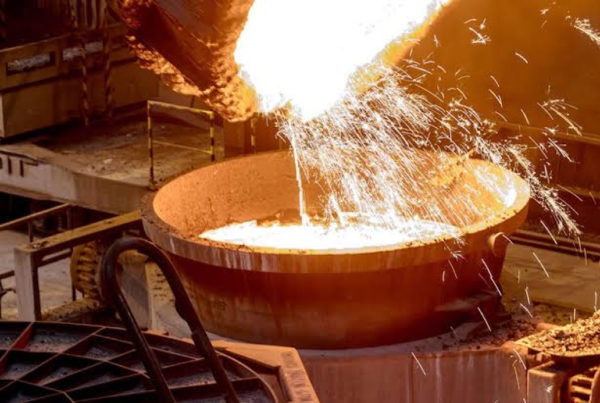
“Clean energy at competitive prices is key to achieving the steel industry’s low-carbon goals. The transition to carbon-lean steelmaking will require 400 terawatt hours of CO2-free electricity per year” said Axel Eggert, Director General of the European Steel Association (EUROFER). “Of this, nearly 250 terawatt hours is needed for the production of 5.5 million tonnes of hydrogen, which would be used in new processes to make ‘green’ steel. With this, around 5% of the EU’s total CO2 emissions could be avoided”.
“The benefits to society from the availability of hydrogen and green industrial products, such as green steel, are huge – so Europe needs to strive to make the energy transition as quickly and comprehensively as possible”, added Mr Eggert.
The phased approach of the hydrogen strategy sets out a roadmap for the roll-out of hydrogen infrastructure on a progressively larger scale. This will build a hydrogen economy that will bolster Europe’s climate leadership and help European industry lead the way to carbon-neutrality.
“The hydrogen strategy is an important supporting part of the EU’s Green Deal agenda”, added Mr Eggert. “It must, however, form part of a wider strategy, encompassing not only the wider energy policy of the Union, but also the support for industries that use this energy so that they stay globally competitive during and beyond the transition. It must also encompass technology neutrality for the production of clean hydrogen, as well as the utilisation of CO2 to produce carbon feedstock needed in sectors such as the chemicals industry”.
Steel produced using new hydrogen and clean-energy based methods will be 80-95% less CO2-intensive by 2050 than they are today, but will also cost significantly more to produce. However, the environmental benefits are large. Using hydrogen in steel plants will create notable regional synergies. Other industrial sectors, SMEs and municipalities could connect to the hydrogen network born out of the large-scale demand created in the steel industry, fostering new opportunities and jobs.
Green Steel Production
“We need policymakers to ensure there is a market for ‘green steel’ and other such low-carbon industrial products. Only in making the low-carbon transition a success across the economy can we harness the EU’s leadership. The benefits to European society of this endeavour will be vast – if the whole transition can be tied together and invested in sustainably”, emphasised Mr Eggert.
EUROFER has put forth a proposal for a Green Deal on Steel to encompass the various challenges specific to the steel sector and those with synergistic links to it.
“We believe that a framework for the successful low-carbon transition in the European steel industry could be a flagship for the implementation of the wider Green Deal agenda”, concluded Mr Eggert. “We welcome the adoption of a hydrogen strategy and stand by to support it and the deployment of the hydrogen infrastructure”.



